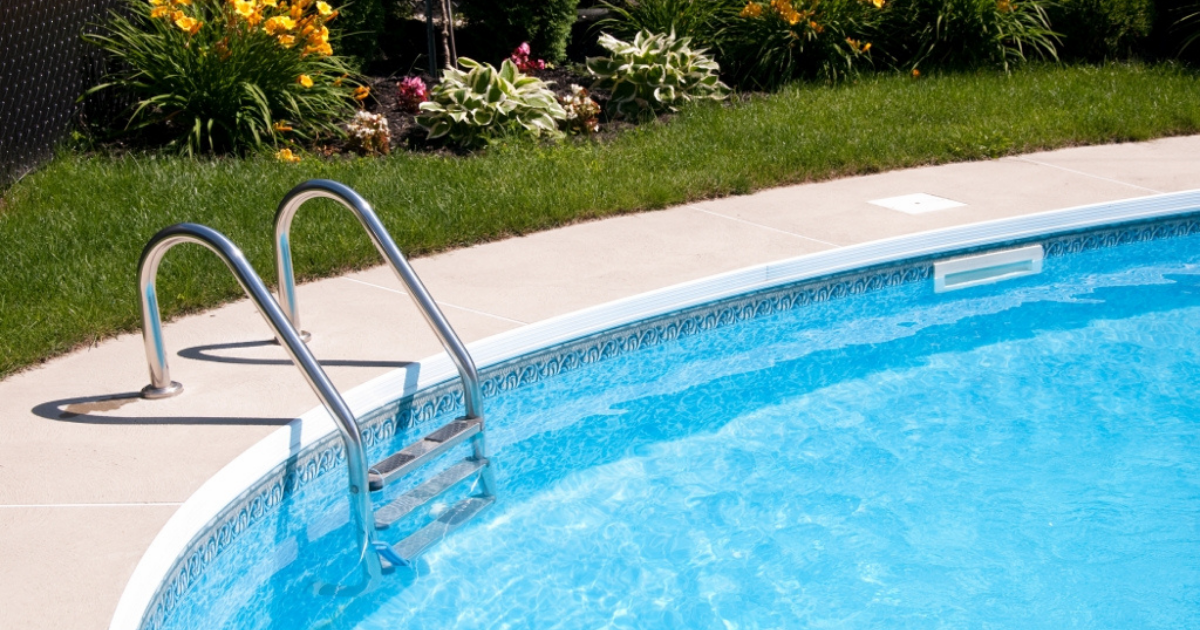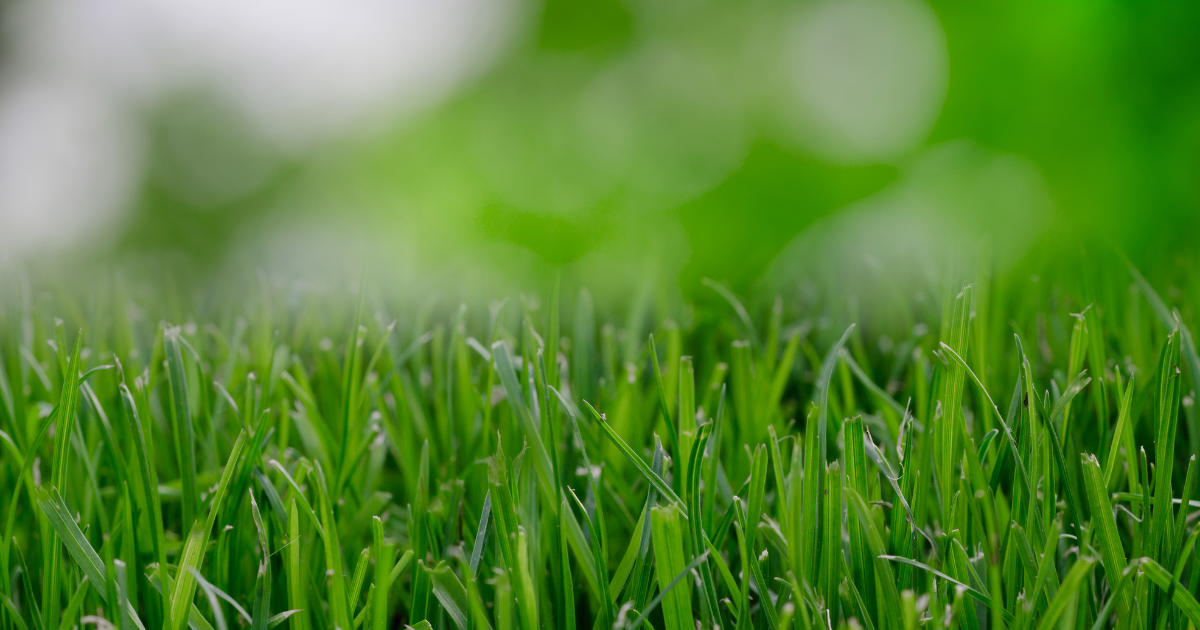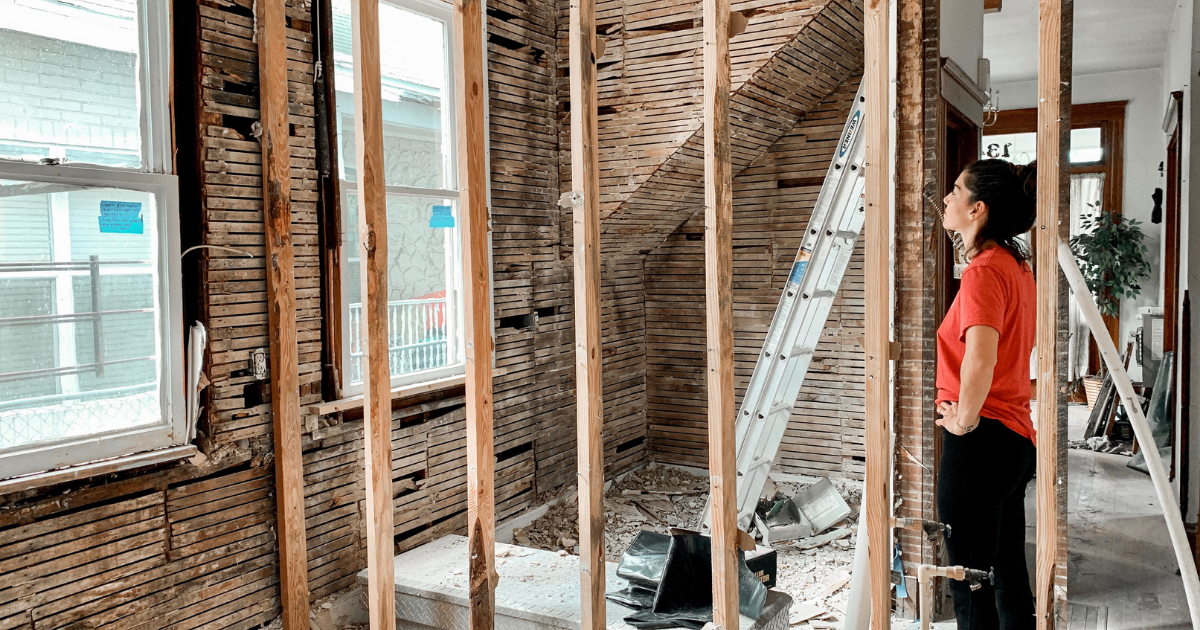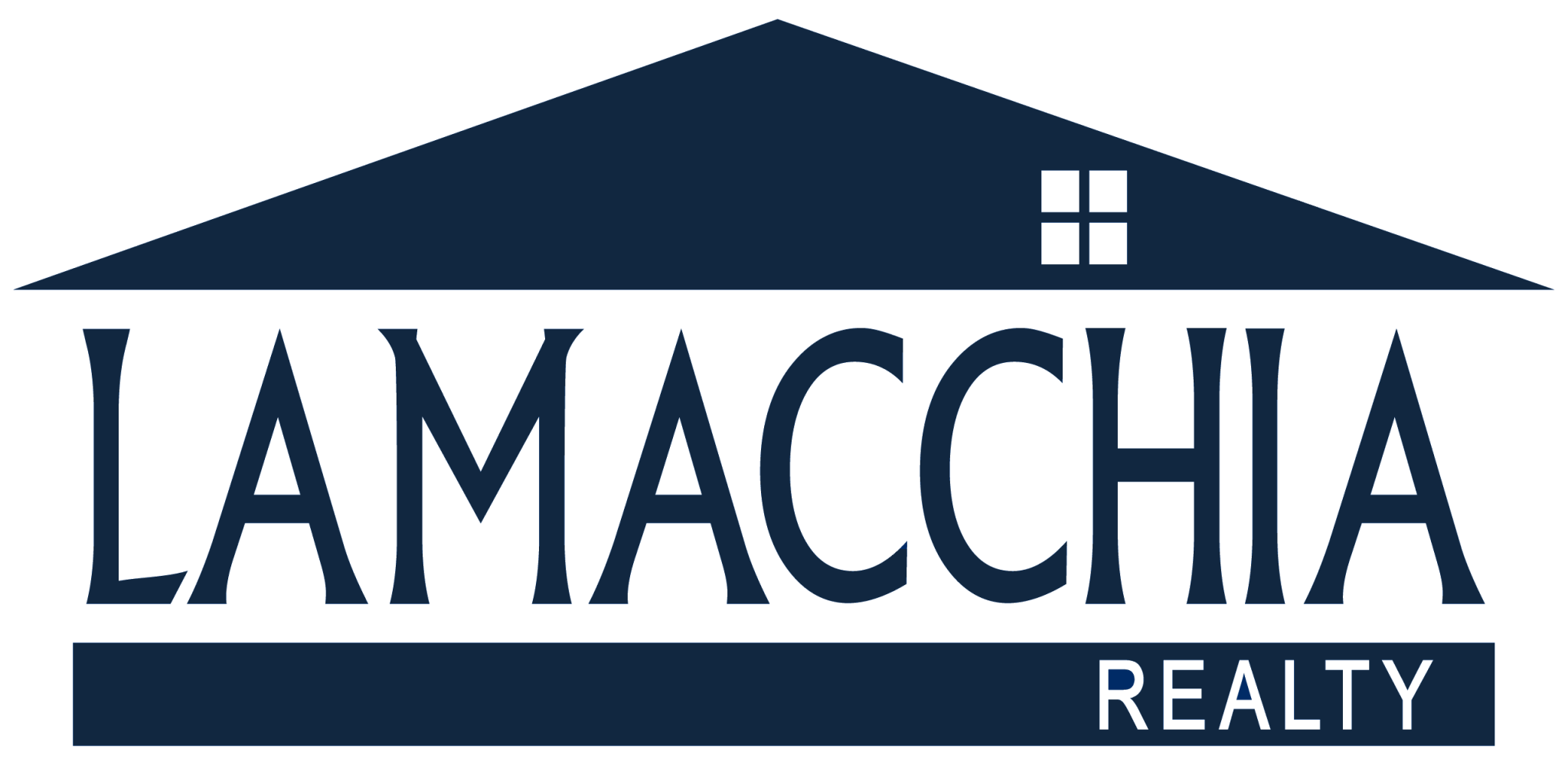
Many homeowners believe that their home’s value is automatically increased if they have a unique feature. They think that they should be able to place a higher asking price on their home in comparison to similar homes in the same neighborhood that don’t have these features. However, homeowners should be aware of certain factors that determine whether a feature increases or decreases the value of a home.
Swimming Pools
 Increase Value: For luxury homes with large yards, swimming pools can add value. A pool with a special feature such as an attached hot tub, a waterfall, a unique shape, or mosaic tiles can be a valuable feature for a high-end home. For a pool to add value to a home, it must be in good condition.
Increase Value: For luxury homes with large yards, swimming pools can add value. A pool with a special feature such as an attached hot tub, a waterfall, a unique shape, or mosaic tiles can be a valuable feature for a high-end home. For a pool to add value to a home, it must be in good condition.
Decrease Value: Swimming pools can take up most of the yard space and can be expensive to maintain. The home’s value can be negatively affected if the pool needs a lot of repairs. Some buyers do not want to deal with the added maintenance and costs involved with owning a pool. It is also a risk many home buyers wouldn’t want to take if they have young children.
In-Law Apartments
Increase Value: A well updated and cohesive In-law is very attractive to those looking for one. To that group, it does add value. It needs to be cohesive and not detract from the home’s overall appeal.
Decrease Value: Many people believe that in-law apartments automatically increase the value of a home and it is simply not the case. The reason is that there are not as many homebuyers who want to buy a home that has an in-law. Fewer buyers equal less demand. They also must have the proper permitting in place to allow for an in-law.
Landscaping
 Increase Value: A well-landscaped yard adds a great deal to a home’s curb appeal, and it is one of the few home improvements that can increase the value as the years pass. While interior designs and decor regularly go out of style and mechanical systems wear down, plants and trees grow fuller as time goes on so long as they are properly maintained. When potential buyers pull up to a home, they don’t want to see a yard that is run down and lacking landscaping. It just creates another task for them to add to the “To-Do” List.
Increase Value: A well-landscaped yard adds a great deal to a home’s curb appeal, and it is one of the few home improvements that can increase the value as the years pass. While interior designs and decor regularly go out of style and mechanical systems wear down, plants and trees grow fuller as time goes on so long as they are properly maintained. When potential buyers pull up to a home, they don’t want to see a yard that is run down and lacking landscaping. It just creates another task for them to add to the “To-Do” List.
Decrease Value: While buyers may appreciate well-maintained landscaping, many do not want to have to keep up with the yard themselves. If a buyer views landscaping as a burden, they will probably not consider it as a bonus when placing value on the home. Landscaped yards with an abundance of plants that need extensive care can often scare buyers away because of the cost and the time and effort to maintain the property.
Sheds/Garages
Increase Value: Sheds and garages that are in good condition usually do add value to a home, especially if they are attached to the house. Many people value sheds and garages because they provide extra storage and can protect their cars from the harsh New England weather.
Decrease Value: Functionality and condition are two big factors when it comes to determining whether the shed or garage will take away value from the home. If it looks out of place or is too big for the yard, or is in need of extensive repair, buyers may be turned off.
Converting a Room
 Increase Value: Converting an unused space, such as an attic or basement, into an additional room can attract more buyers. It could move your home from the 2 bedroom home category to the 3 bedroom home category, for example, and increase the value of the home. Also, in today’s day and age, many people work from home. This means that many buyers are looking for a space perfect for an in-home office.
Increase Value: Converting an unused space, such as an attic or basement, into an additional room can attract more buyers. It could move your home from the 2 bedroom home category to the 3 bedroom home category, for example, and increase the value of the home. Also, in today’s day and age, many people work from home. This means that many buyers are looking for a space perfect for an in-home office.
Decrease Value: While the room change may have suited your needs, it may not suit your potential buyer’s needs. Say your children move out of the house and you convert that third bedroom into a walk-in closet, this automatically narrows your pool of buyers since you have to list it as a 2 bedroom instead of a 3 bedroom. This also lowers the asking price on a home because now it has one less bedroom.
